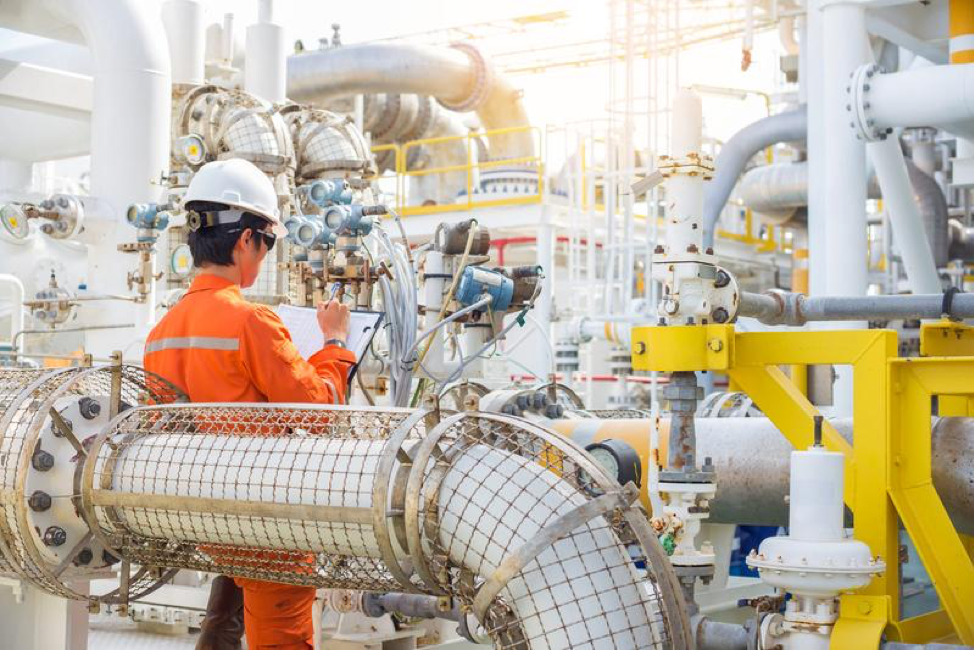
Working on oil rigs that extract fossil fuels from deep within the earth or as an infrastructure employee that delivers the oil to refiners and finally to consumers is dangerous work. Oil industry workers face serious injury, long-term illness, and disability as a result of work-related hazards. Companies are required to meet basic safety standards under the Occupational Safety and Health Agency’s General Industry Standards, but protections are often not enough to prevent disaster. Here are a few ways that the fossil fuels industry harms its workers.
Disasters
Of all the risky jobs associated with the industry, workers on oil rigs face the greatest dangers. Oil rig workers can suffer burns, broken bones, head injuries or spinal cord injuries. Furthermore, proper medical facilities are frequently far away or inaccessible from the rig, so injured workers may have to be medically evacuated with a helicopter or other means to seek medical care, which can risk further damage because timely care is essential to treating potentially devastating injuries.
Toxic Fumes
Anyone who has ever smelled gasoline pumped at a station is familiar with the smell of petroleum fumes. Short-term exposure may not be a severe health risk, but the long-term exposure encountered by oil workers definitely can be. Toxic ingredients used in oil production include formaldehyde, benzene, mercury, and sulfur dioxide. When inhaled through fumes, these toxins penetrate the lungs, burying themselves deep in the tissue. As these toxins accumulate because the body is unable to eliminate them, the potential for cancer and other fatal health conditions mounts.
Climate Change
Climate change threatens the survival of all people, including oil workers. Most people in the industry, especially those working on oil rigs and other blue-collar jobs, may not even be aware of the damage their industry is causing the planet. Many are simply trying to feed their families. However, the devastating greenhouse gas emissions caused by fossil fuels and other human activity are no longer subjects of serious debate. The best recent estimates indicate the global community has until 2032 to drastically reduce carbon emissions to avoid irreparable damage to the planet. The implications of climate change go well beyond melting ice in the Arctic; disappearing shorelines, the extinction of species crucial to the ecosystem’s health, like bees, and re-emerging diseases are just a few of the most serious threats.
The fossil fuel industry, while providing jobs for its employees with short-term benefits, neglects to properly account for all the damage it causes its workers and the world. If we want to make a difference for the better, we need to start aggressively implementing more sustainable approaches to energy.

